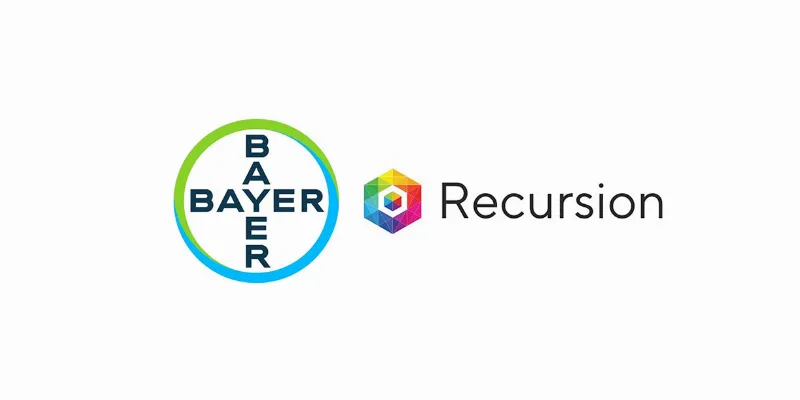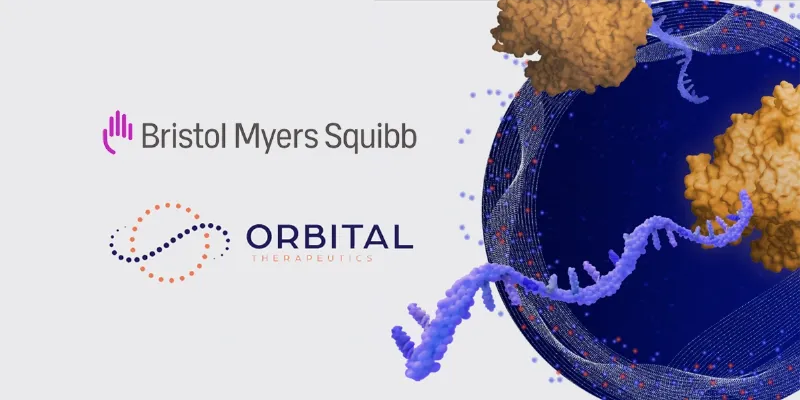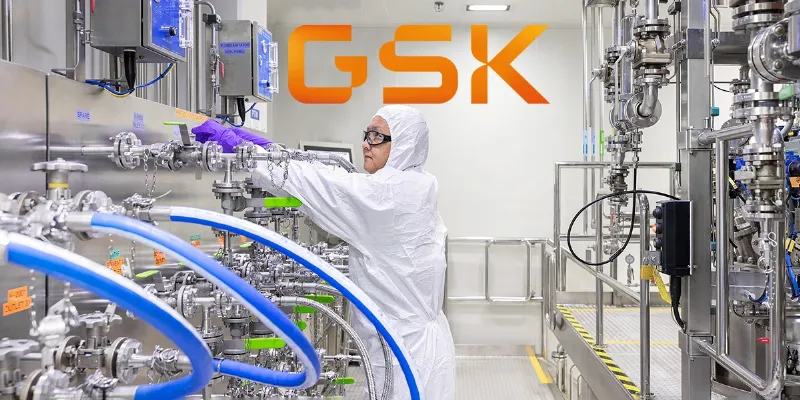Revolutionizing Cancer Treatment with AI: Bayer and Recursion's $1.5B Collaboration

12 November 2023
Bayer and Recursion Pharmaceuticals refocus their collaboration on precision oncology, leveraging AI for drug discovery. They may initiate up to seven oncology programs, with Recursion eligible for up to $1.5 billion in milestone payments and royalties. The partnership combines Bayer's molecular expertise with Recursion's AI platform and Tempus's extensive oncology data.
In a groundbreaking shift towards precision oncology, Bayer and US-based Recursion Pharmaceuticals have refocused their collaborative efforts on cancer research, promising to accelerate the development of new therapies for patients. This ambitious endeavor integrates Bayer’s vast expertise in small molecule compounds with Recursion’s advanced artificial intelligence (AI) and machine learning (ML) platforms, marking a significant stride in the fight against cancer.
A New Era in Drug Discovery
The partnership, which may initiate up to seven oncology programs, leverages Recursion’s AI-guided drug discovery platform, navigating over five trillion biological and chemical relationships. This innovative approach, combined with Bayer's expertise in biology and medicinal chemistry, aims to identify novel therapeutic targets for cancers with high unmet needs.
Juergen Eckhardt, M.D., Head of Business Development at Bayer’s Division, emphasizes the potential of AI in revolutionizing drug discovery.
“The methodology in which Recursion uses artificial intelligence (AI) in drug discovery, could be one of the most disruptive technologies of our time. As our collaboration and the usage of AI continue to evolve, we look forward to continuing to work with industry innovators to identify novel targets for oncology indications.”
Expanding the Horizon with Data and Computing Power
Recursion’s platform, powered by the BioHive-1 supercomputer, analyzes data from 50 different human cell types and a vast small molecule library. The company has recently bolstered its computing capabilities by quadrupling the power of BioHive-1, now ranking among the world’s top 50 supercomputers. This enhancement is pivotal in handling the immense data volume crucial for developing effective cancer therapies.

Moreover, Recursion has struck a five-year deal with Tempus, investing $160 million for exclusive access to over 20 petabytes of de-identified patient-centric oncology datasets, including DNA, RNA, and health records. This vast repository of information will be instrumental in identifying new drug targets and tailoring personalized treatment options for cancer patients.
A Commitment to Personalized Medicine
Dominik Ruettinger, M.D., Ph.D., Global Head of Research and ED for Oncology at Bayer, highlights the company's dedication to driving innovations for diseases with high unmet medical needs. “Every cancer is different and requires an individual approach. Nearly half of our entire pharma pipeline is dedicated to cancer therapies, and we have a strong foundation to build on to bring these innovative treatment approaches to patients.”
Chris Gibson, Ph.D., Co-founder, and CEO of Recursion, views this collaboration as a testament to the company's vision. The partnership not only demonstrates the broad applicability of their platform but also signifies a major step towards efficient and targeted cancer treatment development.
Financial Implications and Future Prospects
Under the agreement, Recursion could receive up to $1.5 billion in potential payments, plus royalties on net sales, based on the success of the developed therapies. Bayer will have the option to exclusively license novel therapeutics resulting from this research.
This alliance between Bayer and Recursion symbolizes a transformative approach to oncology, harnessing the power of AI and large-scale data analysis. It not only represents a leap in cancer treatment but also illustrates the evolving landscape of pharmaceutical research, where technology and biology converge to create hope for millions affected by cancer worldwide.











Comments
No Comments Yet!